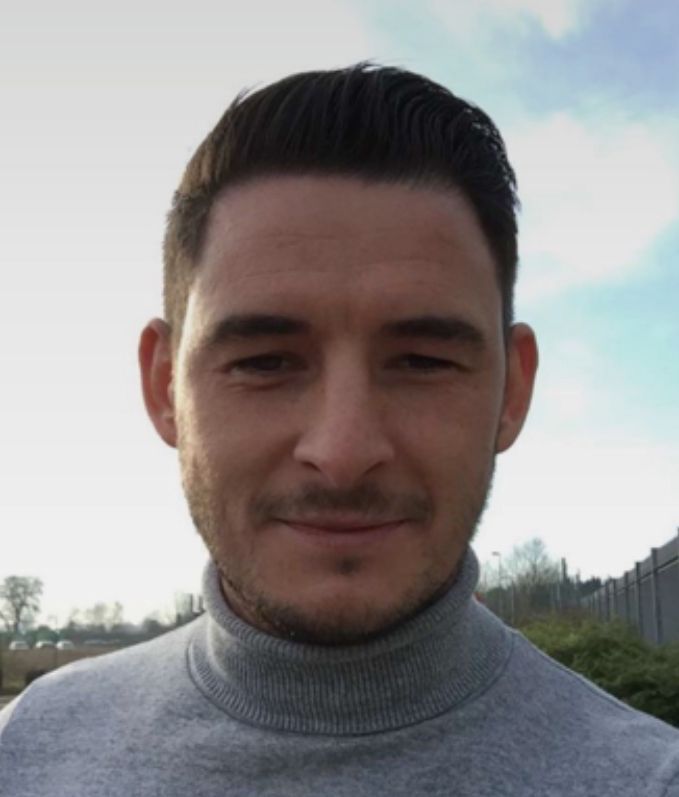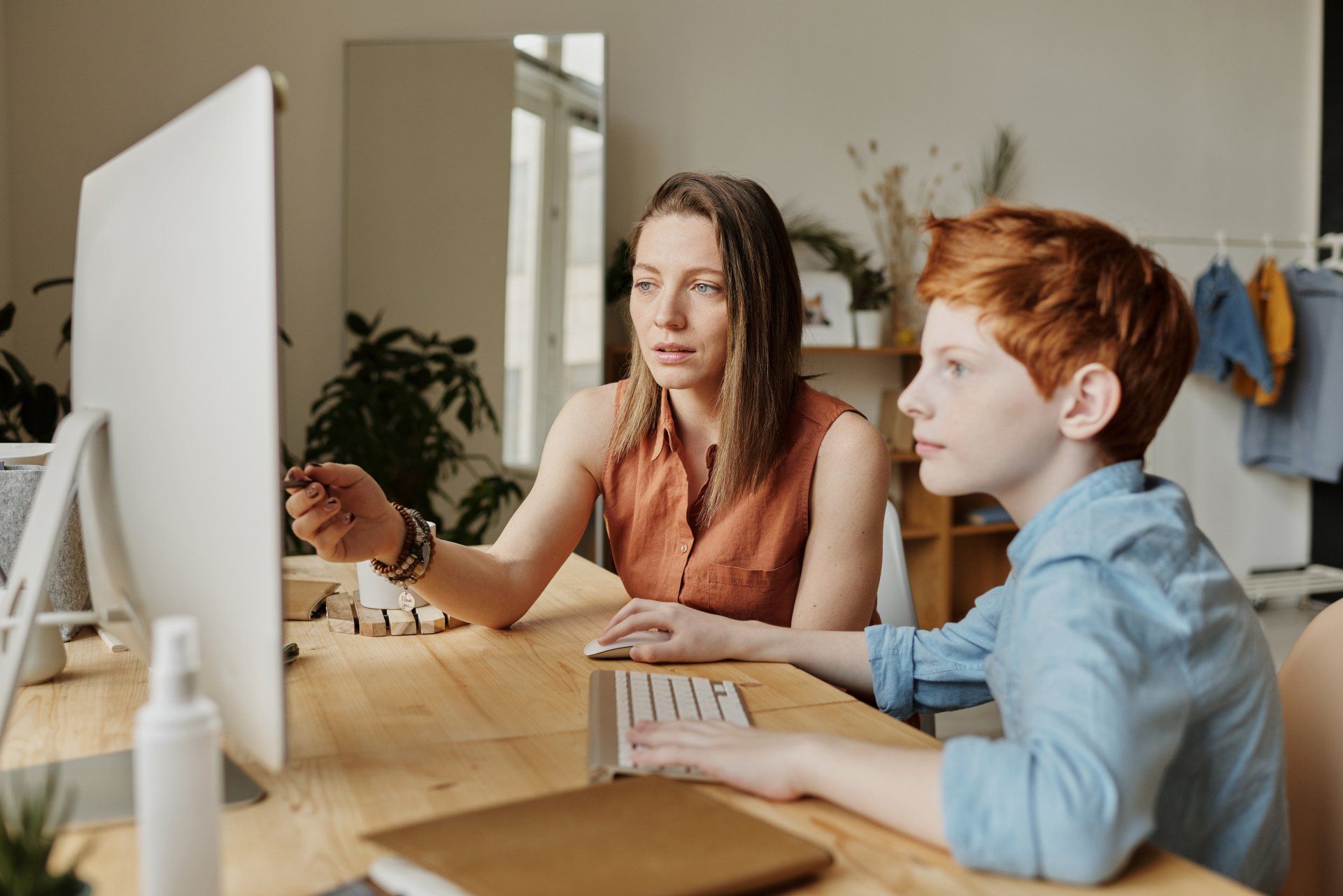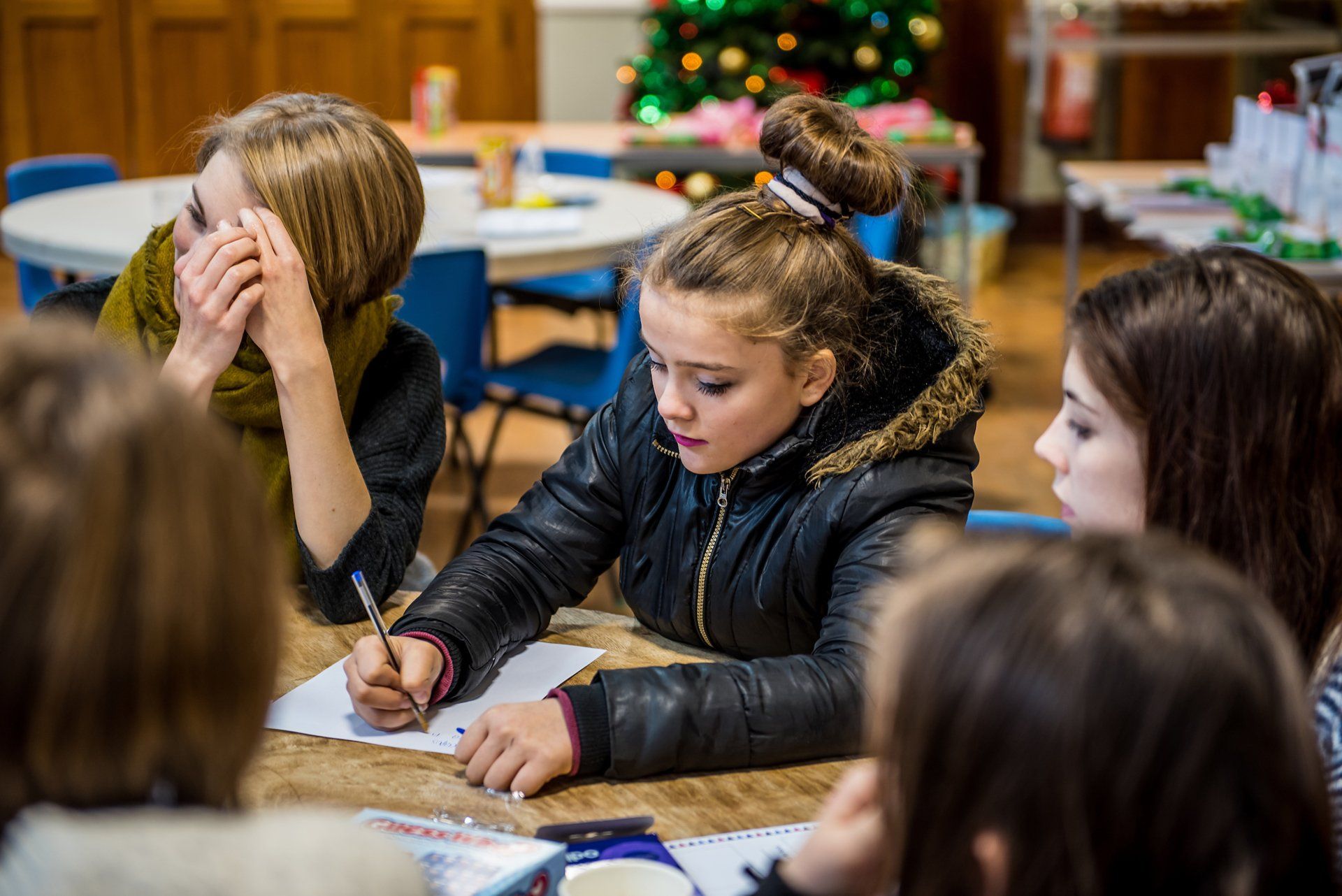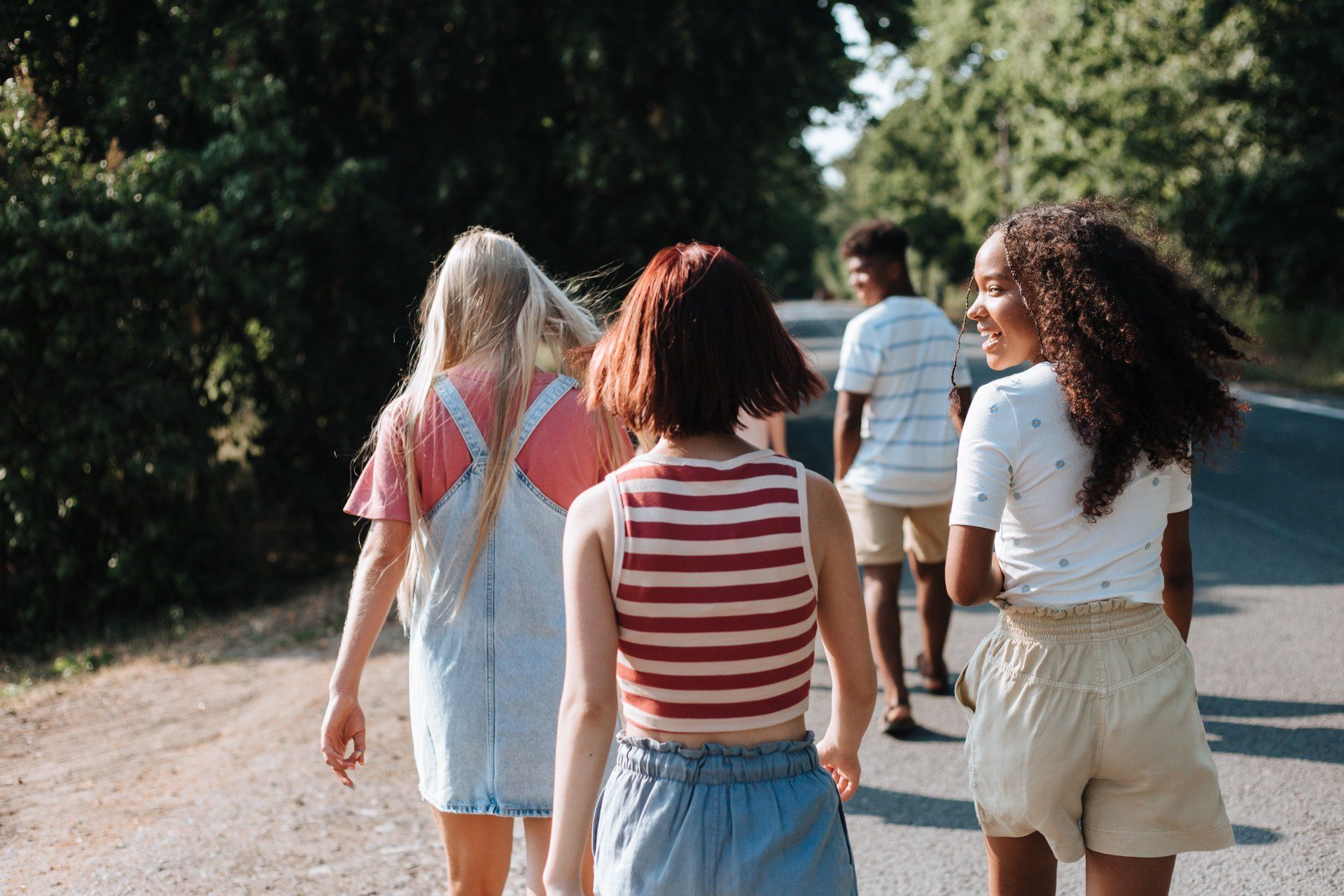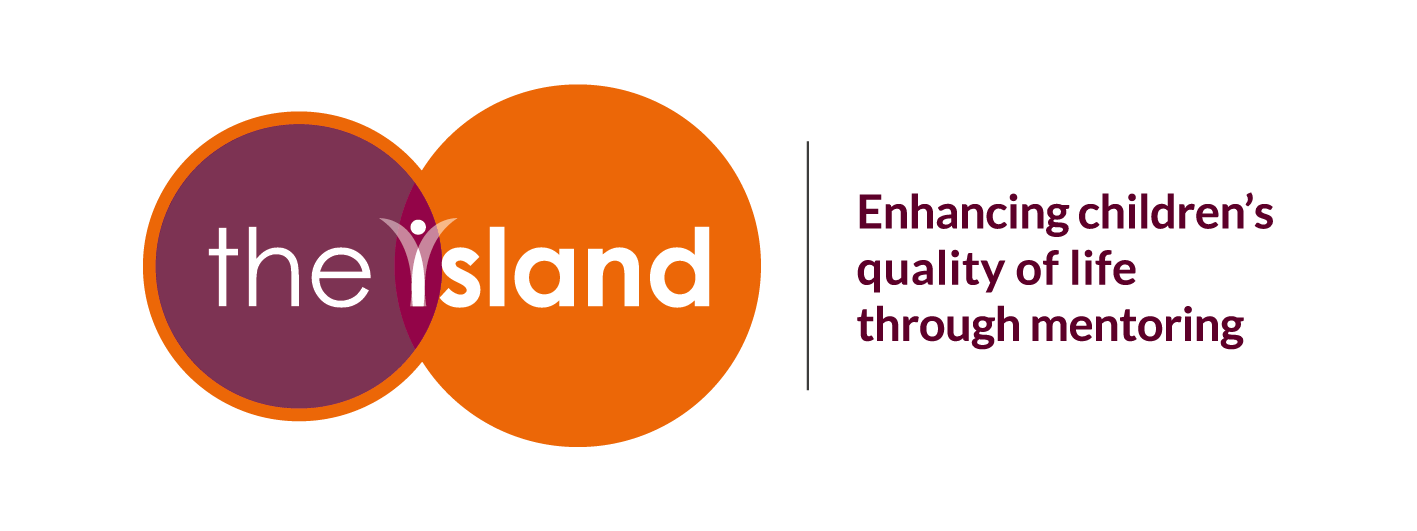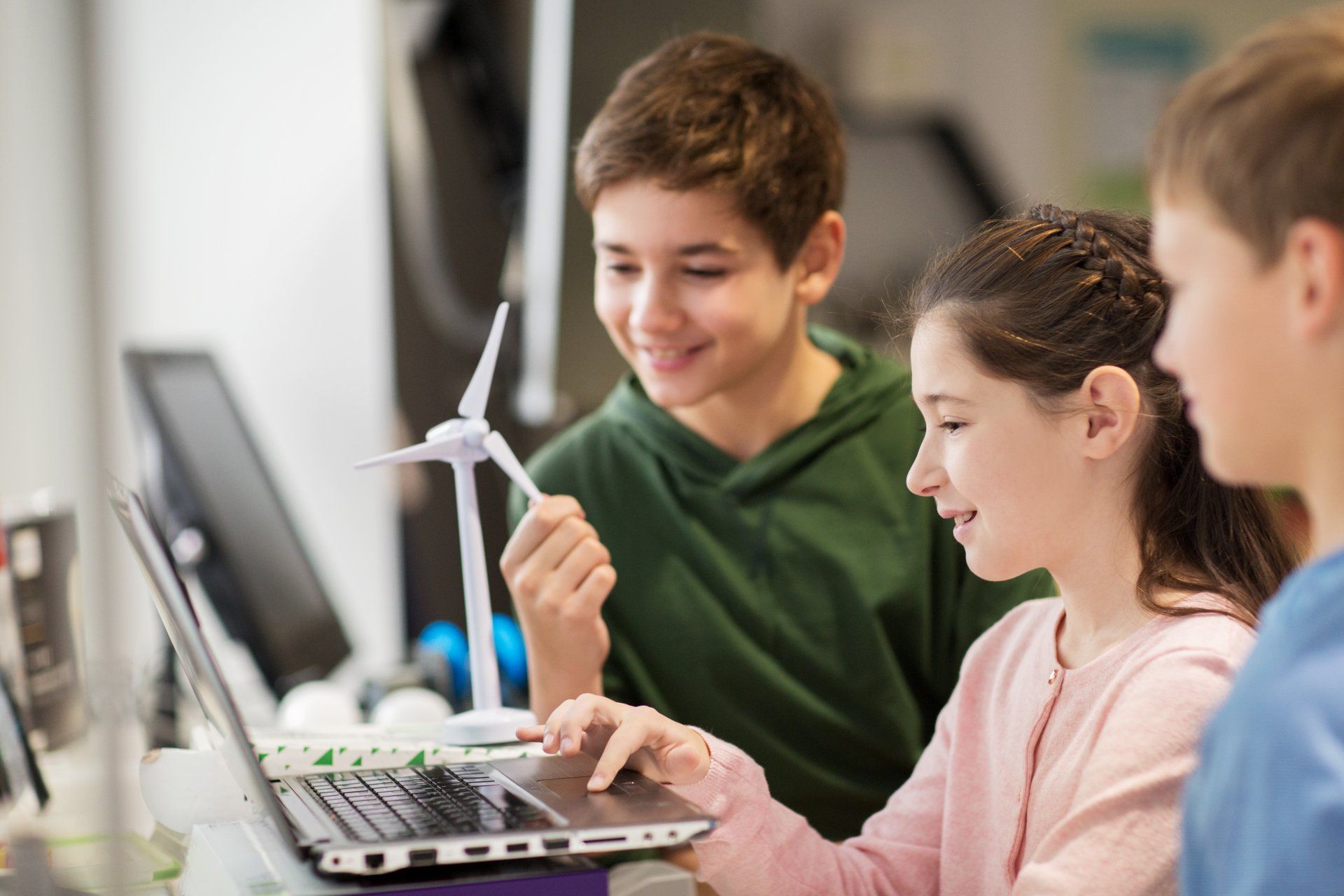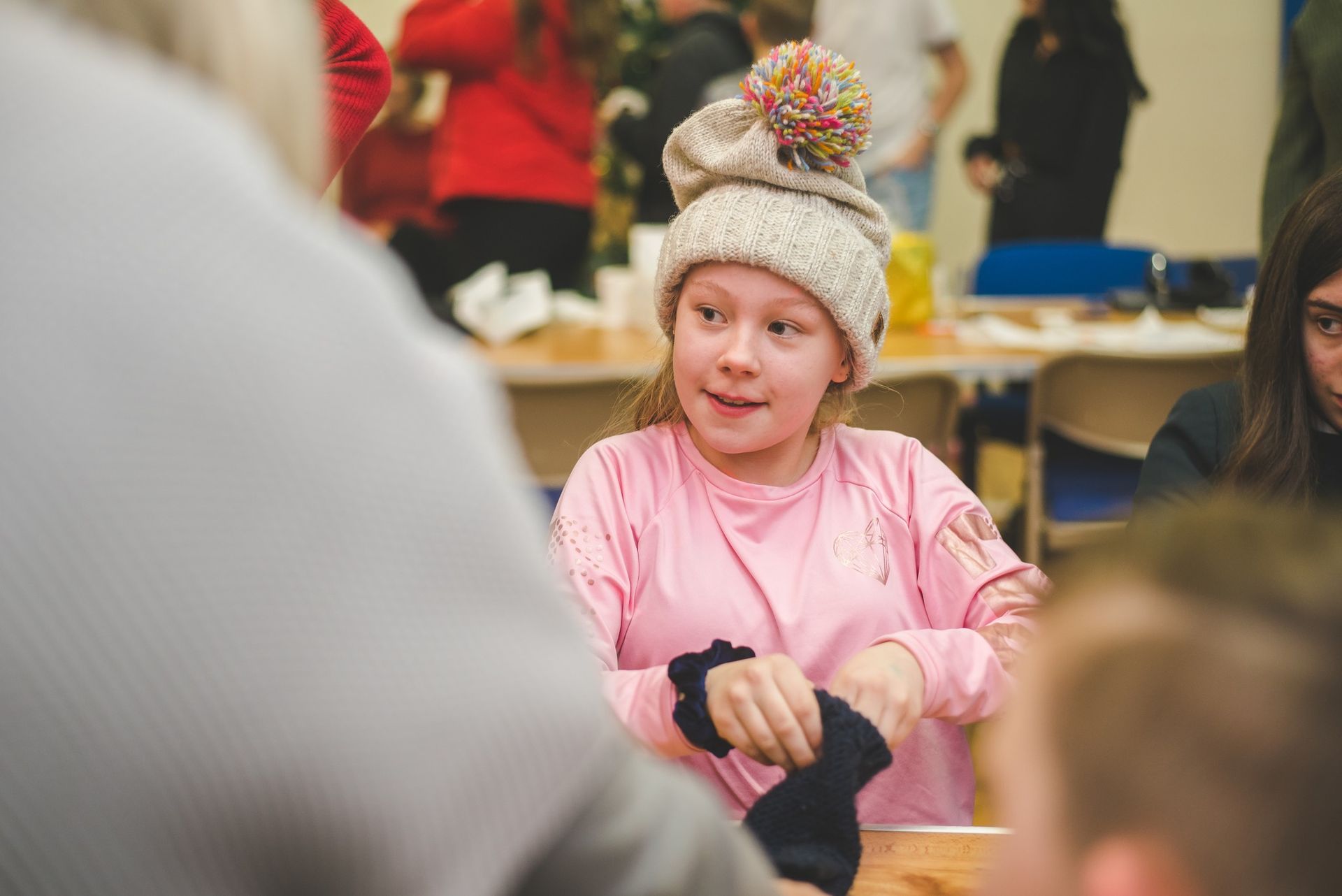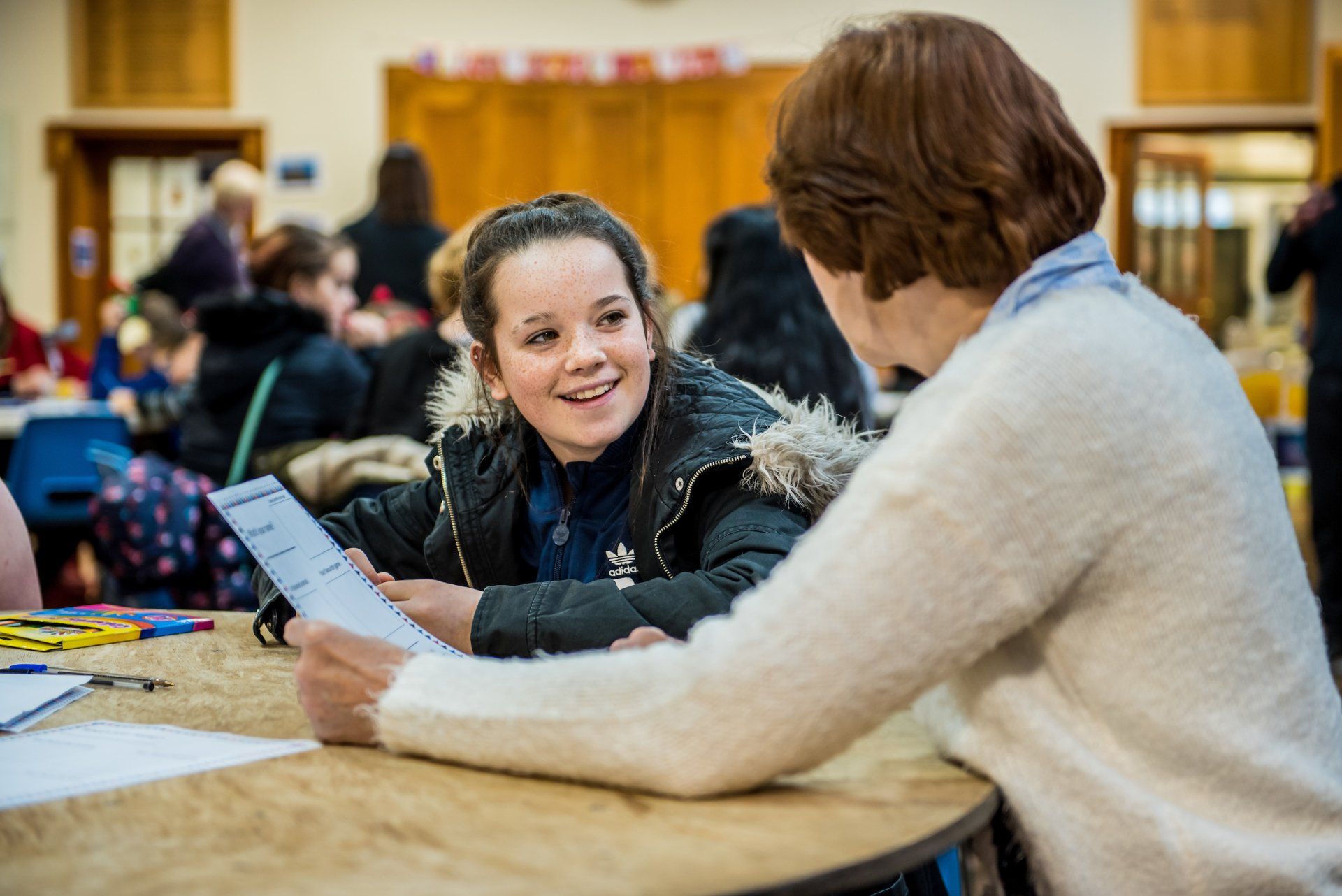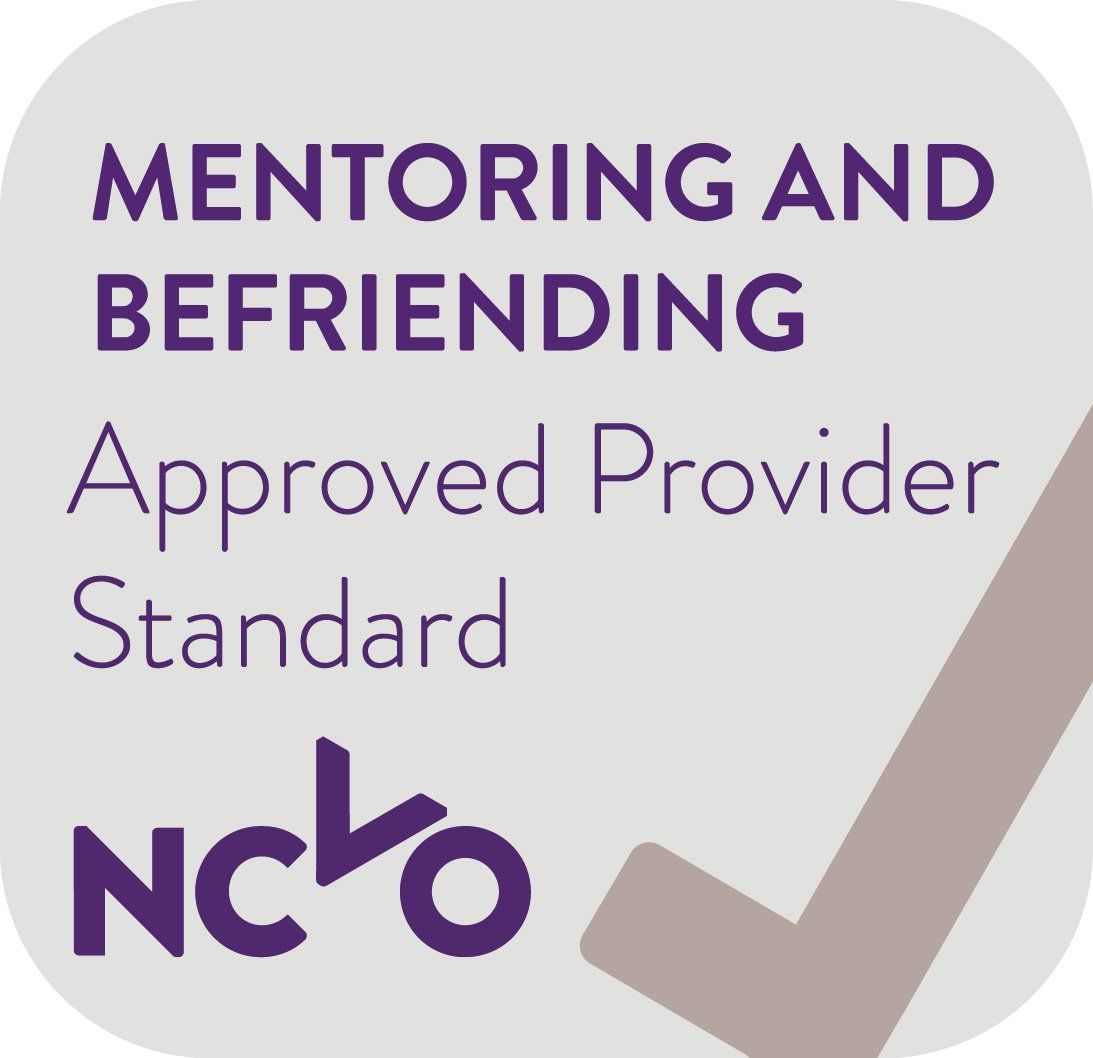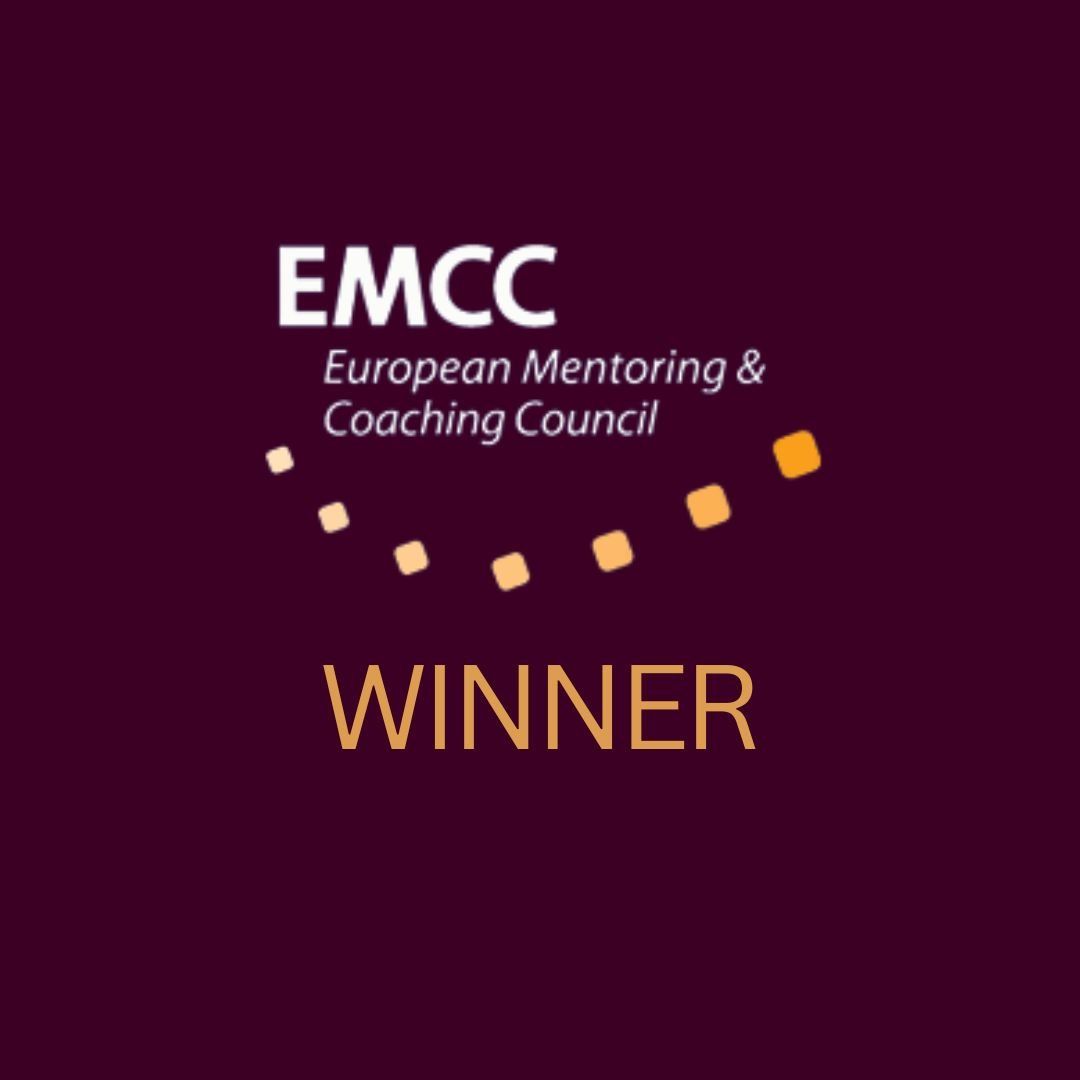Learning Disability Week - being differently abled is a gift
Today marks the start of Learning Disability Week which was created to highlight the challenges faced to those who are differently abled.
Learning Disability Week
Here at The Island, we believe in empowering our children and young people who have a learning difference so that we can help them to grow in confidence, self-esteem and resilience and more importantly, see their difference as a unique gift.
Learning differences do not prevent a person from reaching their potential, however, stigma does which is why it is important to nurture young lives and to educate others in a positive manner. We find using positive language is the way forward, for example "learning difference" and "differently abled" as opposed to "disability" and "disorder" which both have many negative connotations associated with them.
We are keen for our young mentees to grow and develop where they do not feel defined by their differences, but to use them to build strengths.
Below, Grace and Ella who look after our group-based mentoring programme have complied a list of useful tips on how you can support and nurture children and young people who are differently abled.
- Find a good place to communicate in - somewhere without distraction. If you are talking to a large group be aware that some people may find this difficult.
Communication isn't just about talking, its also listening. When you're communicating with someone with a learning disability (power), think about your tone of voice and your body language, as well as the words you use. Also, use accessible language, avoid long words that might be hard to understand, be prepared to use different communication tools, follow the lead of the person you're communicating with, go at the pace of the person you're communicating with, check you have understood and be creative.
- Ask open questions; questions that don't have a simple yes or no answer.
- Check with the person that you understand what they are saying e.g. "the TV isn't working? Is that right?"
- If the person wants to take you to show you something, go with them.
- Watch the person; they may tell you things by their body language and facial expressions.
- Learn from experience - you will need to be more observant and don't feel awkward about asking parents or carers for their help.
- Try drawing - even if your drawing isn't great, it might still be helpful.
- Use gestures and facial expressions. If you're asking if someone is happy or unhappy, make your facial expression unhappy to reinforce what you're saying.
- Be aware that some people find it easier to use real objects to communicate, but photos and pictures can really help too.
Remember, all communication is meaningful, but you may need to work harder to understand.
- Be positive about all the possibilities.
- Take time with them, don't rush.
- Ask them what they need.
- Build confidence and independence through life skills. Encourage socialising with friends and making new ones. Be part of a community and do activities together. Practical things too like: budgeting; shopping; getting around (public transport use etc...)
- Make sure they (and you) understand their unique differences and help them to find the positives in their power , this way, communication and support can be more tailored.
Follow us on social media
Why not follow us on our social media channels - Facebook, Twitter, Instagram, LinkedIn and TikTok to keep up to date with our charity work in York - providing Islands of space and time for vulnerable children and young people; by building confidence, self-esteem and unlocking potential through positive mentoring relationships and unique programmes.
